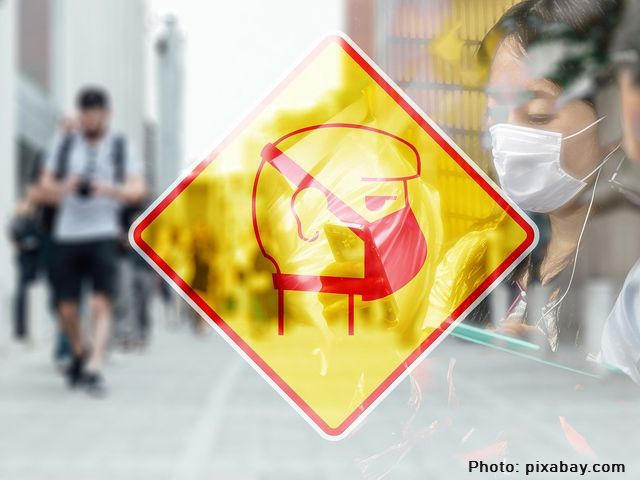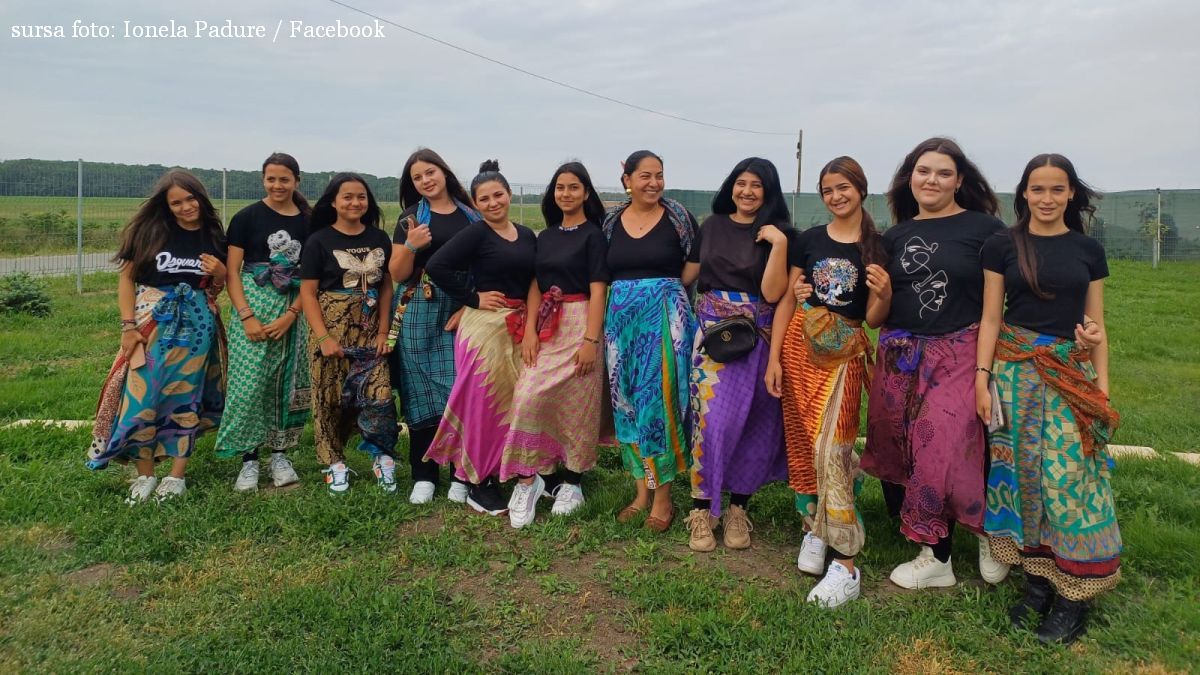Romanians’ leisure moments and their favourite activities
The psychology of adapting to the pandemic

Luiza Moldovan, 23.09.2020, 14:00
The
Covid-19 pandemic has reshaped society dramatically. The lockdown, officially
imposed worldwide, has ascribed our existence to a new paradigm. We became
closer to one another thanks to the Internet, which literally melt away
distances of any kind. As for governments worldwide, they globalized the
protection mask. The downside of it all is isolation, but also the feeling of
alienation. The good side, though, is the leisure time we have gained so far. We
have discovered we are free to travel to work from our living rooms and
therefore we can save no less than three hours a day. But that didn’t happen to
all of us. According to a sociological survey, a mere 3 out of 10 Romanians
believe they had more time on their hands than before the outbreak of the
pandemic, while 4 out of 10 Romanians feel the need to sleep more. We will use
the aforementioned survey to look at how such a crisis, which has been very
serious so far, can influence the quality of our sleep. Apparently, the
lockdown was long enough for us to sleep more, but that is not true. For most
of us, quite a few problems we had been unaware of have resurfaced during the
Covid-19 pandemic, at once generating atavistic behavior.
The
psychologist Daniela Ionescu:
Man’s
greatest fear is the fear of the unknown, and the pandemic has a great many
unknown points. Information is scarce, often contradictory and menacing, the
feeling of self-security has been seriously affected, fear and guilt crop up,
as well as the fight-or-run behavioral patterns. A sneeze automatically
triggers the question what if ..? in the mind of the person who sneezed, but also
in the minds of those who happened to be around him. Our brains cannot stand
uncertainty. The brain supplies the information itself, in the absence of real
information, even distorting the objective reality, so that a coherent scenario
can be created mb means of which it may take action in order to regain control.
That is why, in circumstances pertaining to life’s natural progress, we’re
often faced with misconstrued, exaggerated, abnormal reactions, since such
circumstances are viewed in a context which is perceived as being dangerous.
Now,
consider such a tendency against the backdrop of the lockdown we had been going
through this past spring. The outcome? The isolation and the measures imposed
by the social distancing have tremendous repercussions on the human being,
while a poor quality of sleep is the first symptom that something goes wrong.
Sociologist
Gelu Duminica.
Sleep
deprivation occurs in a multitude of contexts, according to specialists. Under
pressure, in times of crisis, the human body reacts in many ways. It is highly
likely that in a context of crisis, the tension you feel in your body may
result in the fact that you cannot sleep any more. If your brain and your body
did not have enough rest, that may also trigger a certain amount of over-tension
in your body. It is like a vicious cycle: the tension is the cause of sleep
deprivation, while sleep deprivation causes the tension. This period of Covid
crisis has generated tension. Especially during its first part. Tension was
also enhanced by all the messages we have been exposed to, in society, death is
closer than you think, something could happen to you and to your nearest and
dearest, also, tension was enhanced by the lockdown. And that, because lockdown
was something we had not been familiar with, which wreaked havoc in our lives.
And then man’s behavior, according to sociologists, greatly depends on
background and circumstances. The circumstance we experienced was something we
had not been used to. And then, logically speaking, the amount of tension ran
high, also resulting in sleep deprivation.
The
lockdown was not much of a protection for us, since to all that, the social
animal the human being is has reacted through depression and anxiety, which
weaken the immunity system.
Psychologist
Daniela Ionescu:
We’re
genetically programmed to live in communities. We build our psychological
balance in, and we progress through interaction, so social distancing is out of
the question. The stronger you are connected to the others, physically,
socially and psychologically, the better your physical and psychological
condition is. Isolation can only engender chronic fatigue. You can experience
panic attacks, sadness, helplessness, suicidal ideas may occur more often than
not, overdrinking and drug-taking may also occur. Physical distancing does not
provide much psychological balance either. We need to get close to somebody, we
need the physical touch. For us, these are sources of confidence and security.
It is the first language we learn as soon as we’ve come into this world. The
most direct and the most complete language, which cannot be replaced by any
other type of verbal or written communication. Fast and minutely, the touch
conveys a much wider range of feelings and emotions than, for instance, our
facial expression or our gestures. Any kind of distancing causes a greater
amount of aggressiveness, of infliction or self-infliction. It triggers
abnormal types of behavior, it causes depression, while a weakened immunity
system is its aftermath, among other things. Or rather, distancing is meant to
help us better understand the measure of human relationships, it will help us
praise the presence of the other to a greater extent, their touches, their
embraces, it will help us develop empathy, compassion, selflessness,
self-awareness and the awareness of the world around us.
In the sociological survey, 53 % of respondents admitted that going
out, to a restaurant, a bar or beer garden are the activities they most missed
during the lockdown. 42 % of them mentioned going to a concert or to the cinema
were they activities they have missed. By way of comparison, a mere15%
responded that doing their hobbies is what they missed most.
Daniela
Ionescu:
Man
is a social animal. One of its fundamental needs is the sense of belonging, and
achieving something like that means relating to someone. Self-esteem and
self-confidence are being built through interaction-based experiences.
Likewise, compassion, empathy, selflessness, socializing, all that also has its
crucial contribution to our cognitive and affective development, but also to
the creation od the mechanisms by means of which we adapt to the world and to
life, they help us manage stress and anxiety. Social isolation may cause
illnesses but also our losing the sense of reality. It even causes death,
sometimes. On the other hand, the exaggerated need to socialize may often
conceal psychological problems the individual can only contain provided they
focus on the interaction with the others. Socializing in the presence and
through food, like the one you have in a restaurant, is based on the memory of
having received affection, comfort, education, way back when you were
breastfed. Food is a language through which we convey our intensions, our
emotions, our ability of relating to the others. Eating in the company of
others is a type of energy exchange, an act of togetherness, of intimacy. Food
provides physical nourishing for us; similarly, relationships feed us
emotionally, and satisfaction is complete when we have both types of food.






























